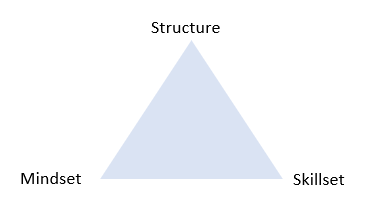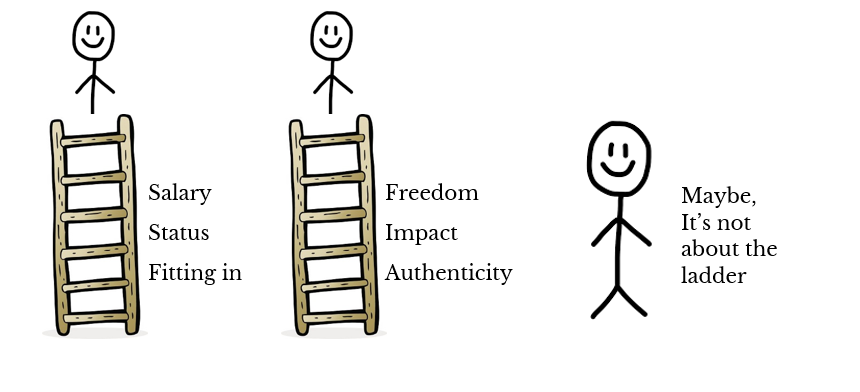It’s been a big couple of weeks for women in the media and not for the right reasons. I didn’t weigh in on the derogatory comments about Nadia Lim last week, I tend to stand back, reflect and order my thoughts and consider if they are useful to share – a novel concept many others might wished they’d have considered.
It came as no surprise to most women that this misogyny still exists, although most perpetrators are usually more clever than to think they can say it publicly and get away with it these days.
What this underlines is that it’s different for women and power imbalances mean this stuff has been happening for too long. At the root of this issue is the fact that he thought he could say it because it’s been ok before and he’s accustomed to saying what he wants and not being held to account (the power imbalance).
Most of our businesses have spent more time and energy in PR damage limitation when this gets out than they do in solving the problem in the first place. Indeed, as this shows, it’s often those at the top who don’t see there’s an issue with this kind of behaviour, to the point of partaking in it.
Nadia Lim started that business and yet was referred to as if she was the cover girl, a hired model to make the brochure look good. Because how can a woman who is young, pretty and of mixed race also have a successful business?
The fact that he thought it’s ok to comment on her appearance (in material about her own business for gods sake) says it all, I’m sure he’s appeared on many flyers for DGL. Sadly though because of the bias that exists and the worlds we’ve grown up in a middle age white man on a flyer is seen as a CEO/Business owner whilst a woman is seen as an object to be objectified.
In fact sometimes that’s where the misogynistic reactions come from – you’re not who we expect you to be, you don’t fit with our norms created around women of your age/appearance. I feel threatened that you’re on my patch – how dare you not know your place!
Maybe he’d wished he’d written books, got his own magazine and founded one of NZs most successful online food delivery enterprises. The fact that someone (a woman) can do all this and still be subject to this show’s we’ve not come that far at all. Would those comments have been made if she was male – Jamie Oliver perhaps? Of course not.
The outcry has been deemed by some as ‘cancel culture’: cancelling misogyny or just expecting better moral judgement from our senior leaders? It’s basic respect and dignity and if we’ve lost that art the human race is in more trouble than we thought.
On that subject there was a small window of opportunity, to ask the question, how do I make this right? Instead it appears he asked, how do we make it go away, how do I save myself? A demonstration of privilege and the luxury of being able to do whatever he wants, someone will fix it for me because they always have. So to add insult to injury a flurry of hollow apologies and ‘lessons’ form the damage limitation and restore the power in balance.
And of course we know that apologies in this space mean nothing other than, I’m sorry for myself, that I’m losing face, losing money and that this went bad for me. I find it hard to believe that anyone who utters those words can also be sorry for what they said – they wouldn’t have said it if that was the case.
The media is outraged and we say things like it’s not 1960 anymore guys and yet most women know this goes on daily although not always in the spotlight of the media. Even when it’s unsaid there are still in balances between gender and power. Women are judged differently and collectively we spend far too much time speaking about their appearance, relationships, kids and other things we think are markers of a ‘successful female’.
In fact therein often lies the problem, we call it the double bind. Women are supposed to be one thing ‘pretty, polite, nurturing, mothers etc’ and then also expected to be fearless leaders and when those two things don’t match up in our minds we have this cognitive dissonance which results in women being put in a no win situation. I’m supposed to be a respected leader yet I don’t fit the bill because of expectations made about my gender hundreds of years ago.
So on one hand I sit with the frustrations that we’re still having these conversations but also this sends a very loud message that the world has moved on and the Simons haven’t. In fact you’re out of touch if you think this is an acceptable way to behave and that it won’t go unnoticed.
So it turns out he’s more famous this week than he was last but for all the wrong reasons. Nadia has long been a house hold name because of her success with My Food Bag and it’s for those reasons she should be getting air time.

































